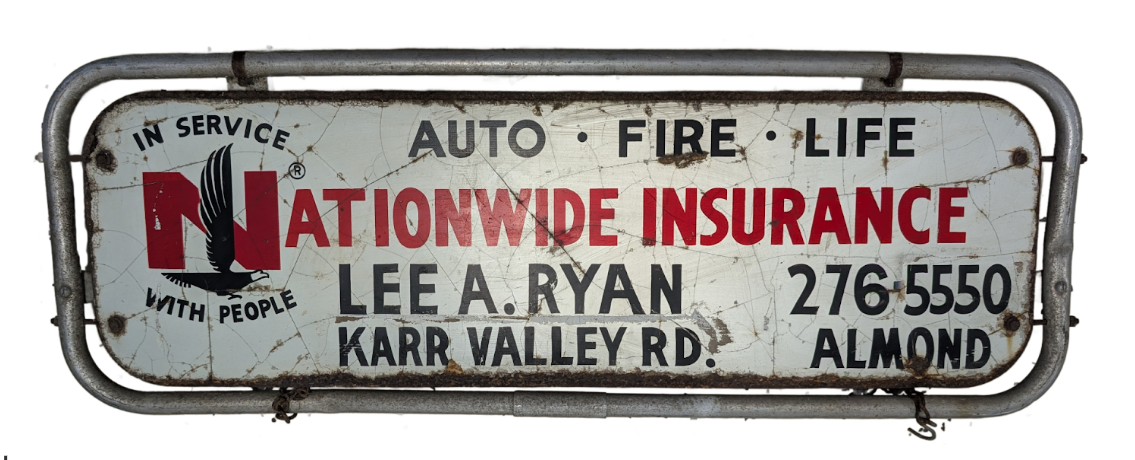-------------------------------
“Ask Jeff" is a weekly post made on the RyanAgency.com Blog.
Submit an insurance-related question to “Ask Jeff”.
-------------------------------
555-555-5555
mymail@mailservice.com
contact us today
Once upon a time, what you paid for car insurance was exclusively determined by your:
Though all those variables still play a role, other factors play an even bigger role in the development of your auto & in some cases homeowners insurance costs.
Today, an individual’s credit history can play a more significant role than any one of those traditional factors. Good Credit Scores lead to a Positive Insurance score. A good Insurance Score greatly influences what someone will pay to insure their vehicles.
What is the difference between a Credit Score and an Insurance Score?
These “scores” consider factors like payment history, outstanding debt, length of credit history, types of credit used, and new credit inquiries. An Insurance Score, however, may weigh these factors with other variables that predict potential losses.
Still, one’s credit score will impact their insurance score significantly.
Carriers use an Insurance Score because it has been statistically shown to be a reliable indicator and predictor of risk. Essentially, those with a higher credit-based insurance score are statistically less like to file claim than those who have a lower score.".
Improving your credit-based Insurance Score involves many of the same steps as does improving your regular credit score. Those steps include:
Improving your score takes time and persistence. Applying discipline and a long-term perspective will result in improvements over time. Consistently applying good financial habits will result in positive impacts on your credit and insurance scores.
By utilizing the strategies above, you can reduce your insurance costs and improve your overall financial health.
About the Author: Jeff Ryan has been a licensed insurance agent since 1978, later becoming a full-time insurance professional in 1983. Since then, he has been the principal of The Ryan Agencies with offices in Hornell, Jasper, and Wellsville. The agencies serve approximately 15,000 clients in New York and Pennsylvania. Jeff holds numerous credentials including the Chartered Property & Casualty Underwriter (CPCU), Certified Insurance Counselor (CIC), Accredited Advisor in Insurance (AAI), Chartered Life Underwriter (CLU), and Chartered Financial Consultant (ChFC) designations. He holds a Master's Degree from the American College. Jeff enjoys writing about all things insurance and welcomes your questions and feedback.

-------------------------------
“Ask Jeff" is a weekly post made on the RyanAgency.com Blog.
Submit an insurance-related question to “Ask Jeff”.
-------------------------------

This article may have been originally published at Quora.com.
To see Jeff's Quora.com profile click here.

Service@RyanAgency.com
Hornell: 607-324-7500
Jasper: 607-792-3800
Wellsville: 585-593-4244